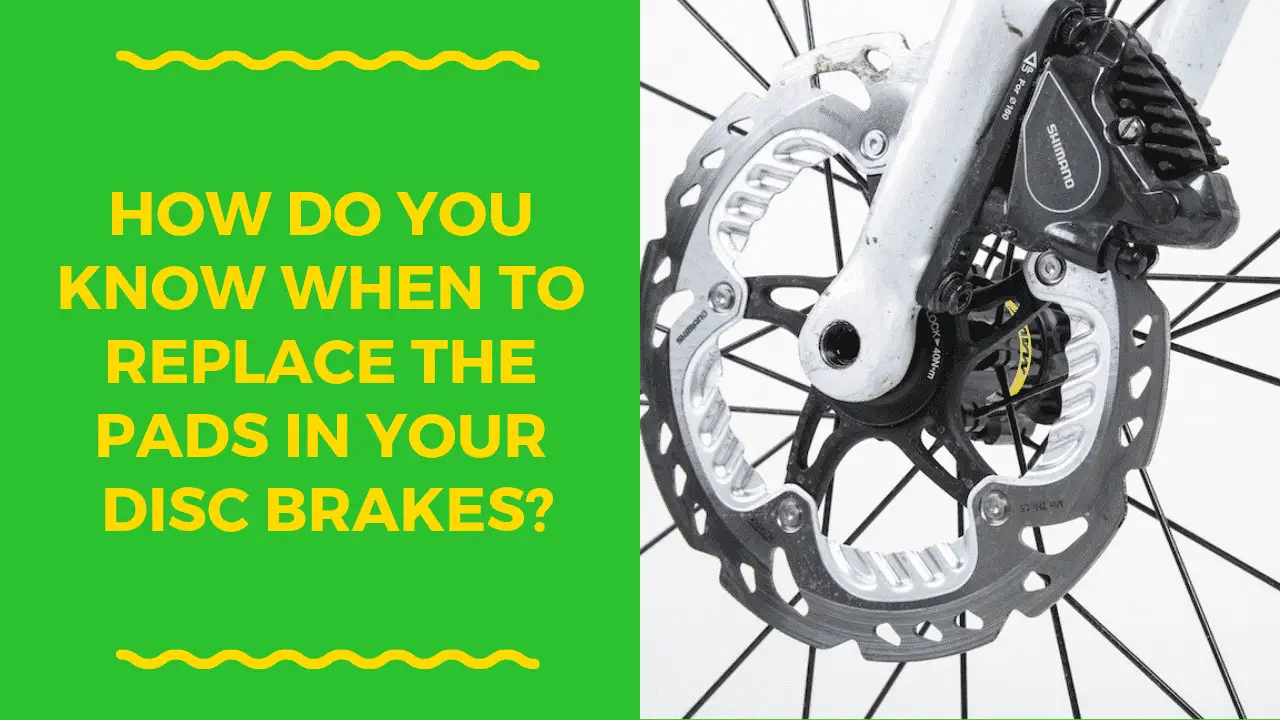Brakes are vital to ensure that your bike is functioning properly and that it allows you to come to a stop within a moment notice when riding a bike like this one https://bikeshaven.com/best-electric-bikes/.
For this reason, you need to pay special attention to the brake pads in your disk brakes and ensure they`re functional.
So, how do you know when to replace the pads in your disc brakes?
Not sure what to look out for?
No worries.
We have prepared a guide that will clue you in, so you`re to notice the signs.
Contents
Screeching of the Brakes
Is your braking system producing a high-pitched sound every time you engage your braking system?
If the screeching sounds are happening regularly while braking, you need to replace the brake pads.
In most cases, the screeching sound is caused by a small, metal shim indicator that`s rooted in your brake pads.
The screeching sound, however, can also be as a result of rust and dust. For instance, if the disc brake is exposed to humid and damp conditions, a layer of dust and rust can form on the disc brakes. And when it does, braking produces a screeching sound in a similar fashion to a worn out disc pad.
Nonetheless, with the second case, the screeching is only momentarily as it will go away with time, mostly after a few braking sessions.
If, however, the sound is incessant, you`ll need to check on your pads for wearing as the sound is more than rust or dust.
Deep Metallic Grinding and Growling
If braking produces a deep, low noise that is akin to metal grinding, it is a sign that your brake pads are worn away.
Remember that the pads are the contact between the brake disc and the caliper, meaning if the pads are worn out, the two metal parts are making contact.
In effect, this causes friction, and according to Science and Education Publishing, friction between the caliper and your disc brakes causes the deep metallic grinding and growling.
Surprisingly, though the same friction will help your bike to move and stop, Explain That Stuff, insists that repeated contact friction, especially between metals can result to further destruction in your brakes and even failure to your entire system.
This is why it`s crucial to replace the disc pad as soon as possible if you hear the deep metallic growling sound.
Unresponsiveness in the Braking System
Are your disk brakes becoming a tad unresponsive? Have you noticed a decrease in braking quality?
Ae you applying an extra force on your brake levers before the bike comes to a stop?
If the answer to the above questions is a big yes, then you need to check on your brake pads.
In any case, unresponsiveness or decrease in brake quality means the top layer rubber on the pads has worn away and needs immediate replacement.
Thin Brake Pads
Thin brake pads aren`t something you can feel, but something to see.
You can visually inspect your brake pad to know if time to have them replaced.
In most cases, the brake pad will require replacement if the pad is less than 1/4 inch.
Knowledge on when to replace your disc brake pads is important for your safety as well as that of others.
The video below will show you how to replace your bike's brake pads
Moreover, timely replacement of the pads will ensure that you preserve the structural integrity of your bike and maintain optimal performance.

